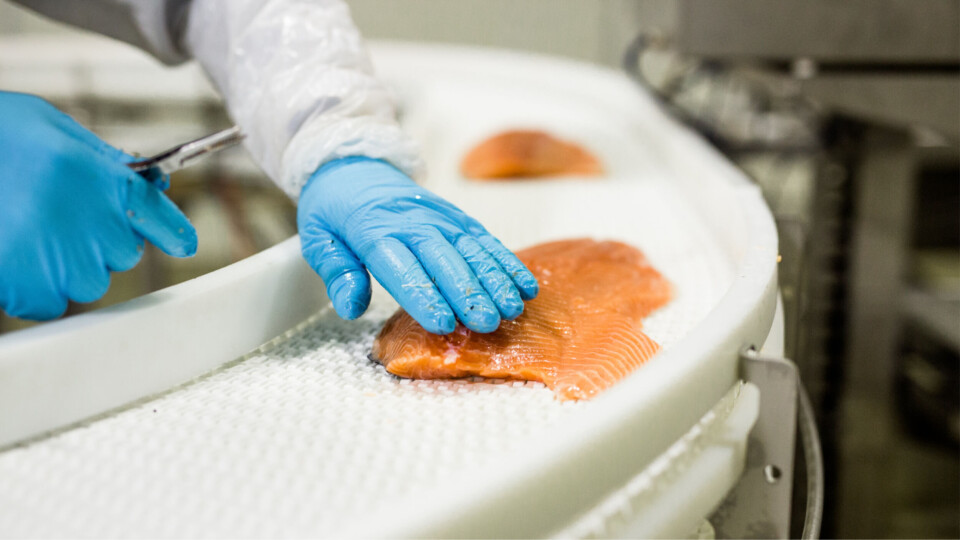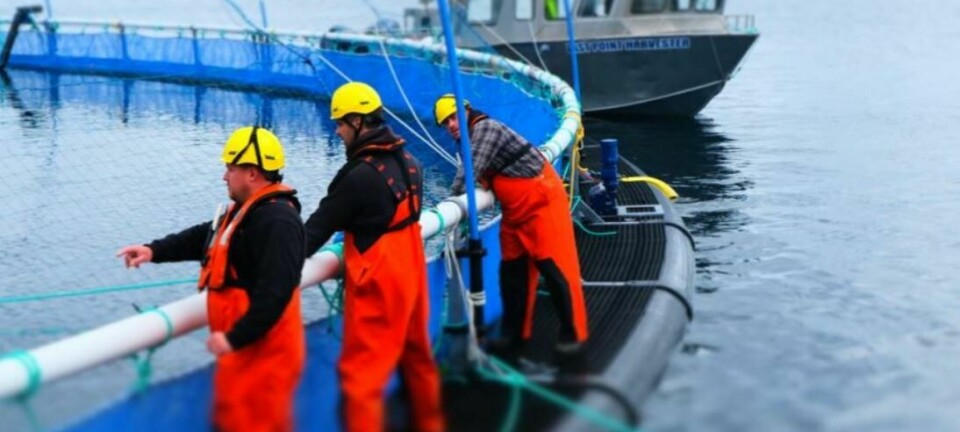
Salmon farmers join call to let in more foreign workers
Scotland’s salmon farmers have added their collective voice to calls from the food and drink industry for more flexibility in the UK’s immigration system to help address labour shortages.
Tavish Scott, chief executive of trade body Salmon Scotland, urged the UK Government to add fish processing to its shortage occupation list to make it easier for firms to recruit labour from the European Union.
He said fish processing is suffering from a workforce “squeeze”, particularly in the farm-raised salmon sector.
Long-term strategy
In a letter to UK environment, food and rural affairs secretary George Eustice, Scott joined the chief executives of four other Scottish food and drink organisations in calling for the recommendations of a new report by the House of Commons Environment, Food and Rural Affairs Committee to be urgently implemented.
These include a recommendation for the UK Government to work with industry leaders to address labour shortages, and to develop a long-term labour strategy.
The letter, signed by Salmon Scotland, Quality Meat Scotland, Seafood Scotland, Scotland Food & Drink, and National Farmers Union Scotland, warned that the Scottish food and drink industry is suffering from “acute labour shortages”.
Restricting growth
The organisations wrote: “This labour force issue is affecting the ability of our producers and manufacturers to serve customers both at home and abroad, restricting growth and curbing exports.
“The committee makes a number of recommendations, including a call for government to work with industry to address labour shortages and develop a new, long-term strategy to ease the situation for years to come.
“We support the committee’s recommendations and call on you and your department to deliver the step change requested by the MPs.
Access to labour
“Our members have the ability to thrive and help the country recover from both the long-term effects of Covid and the additional costs of Brexit caused by non-tariff barriers.
“But, to do this, we need proper access to labour, and this can only come with the help and support from the government.”
Scott said: “Fish processing, particularly in the farm-raised salmon sector, is suffering from a labour squeeze, and we want the government to help by implementing the recommendations in the committee’s report.
“Salmon Scotland believes fish processing should be added to the short-term occupation list. This would make it much easier to recruit labour from the EU.
Flexibility
“We want to see more flexibility in the UK’s immigration policy, and a long-term strategy to ease this situation in the years to come.”
Fish Farming Expert understands that workers on a salmon processing line earn an average basic wage of £21,000 per year, although that figure doesn’t include overtime, shift allowances or bonuses.






















































